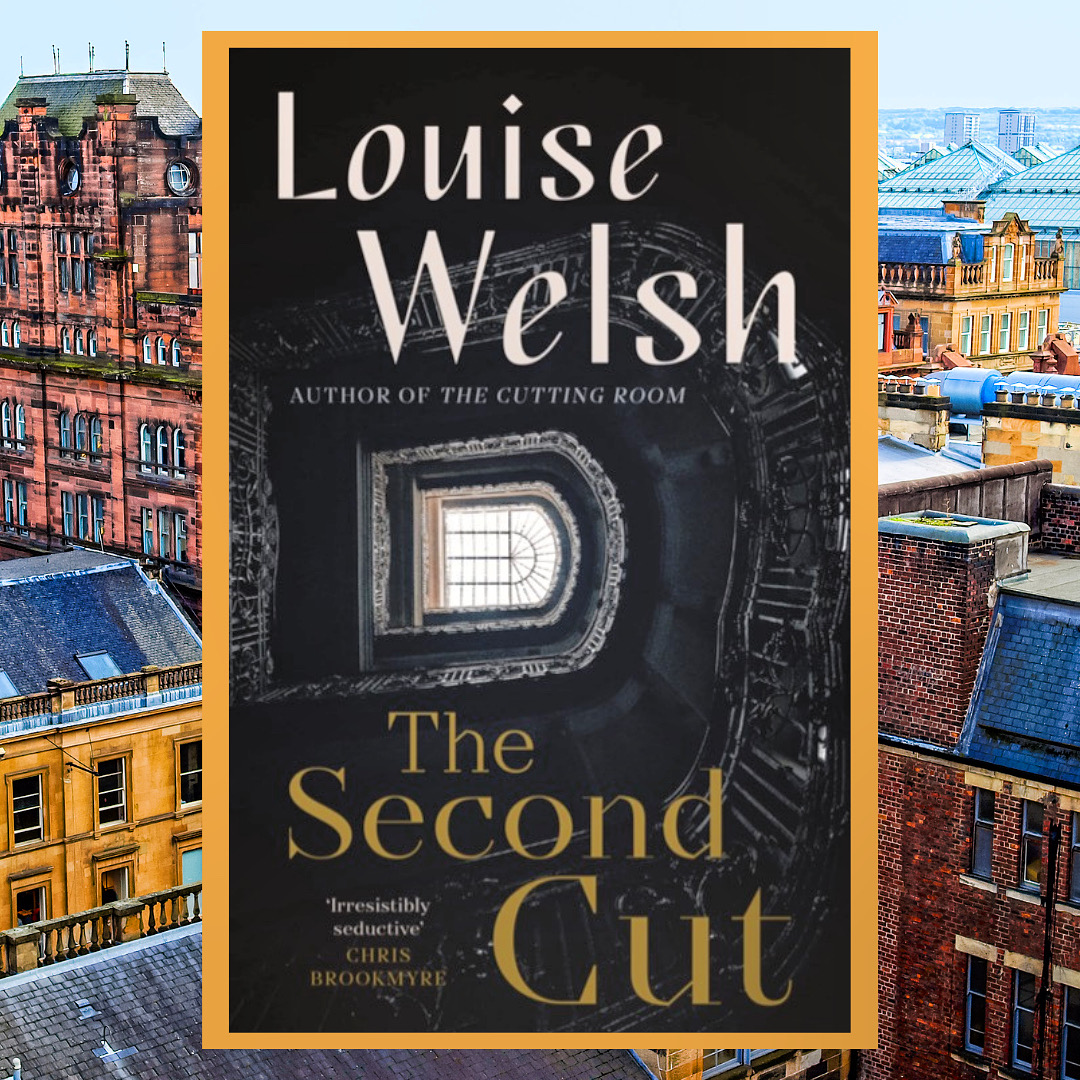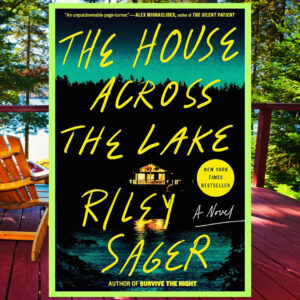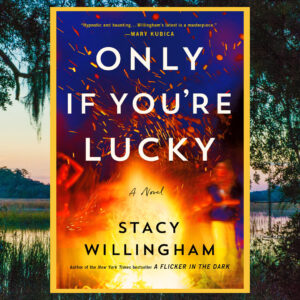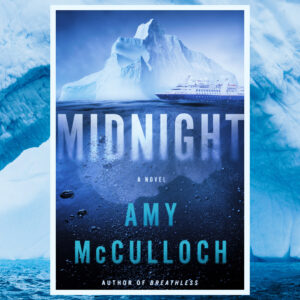🌟🌟🌟🌟🌟
A brilliant excursion into the darkest, grittiest corners of Glasgow, where we meet what has to be one of the most spell-binding protagonists ever crafted – Rilke, a forty-seven year old head-auctioneer – a man, “too tall, too thin, too cadaverous to look like anything other than a vampire on the make”.
Perhaps more “anti-hero” than our typical main protagonist, Rilke is a triumphant nod to the unexpected beauty, grace and strength in the just plain “regular” – the down-trodden, discarded, and unremarkable dissociated man, getting though life with his own quiet form of dignity.
(The second book in a series initiated by the author some twenty years ago, I have not yet read the earlier work, a situation I would love to quickly remedy).
The main voice of our story, Rilke, our first person POV narrator, provides a heartbreaking glimpse into his own “hollow” soul – as a middle-aged gay man who has “embraced his inner freak a long time ago”, he is now committed to meaningless Grindr hookups, “never quite able to disentangle sex and danger”, convinced at the core his particular lot-in-life is fixed.
“A long-limbed spider in a three piece suit”, Rilke is something of a smart-aleck; intelligent, judgmental, and sardonic, (not to mention sidesplittingly funny in his wry and off-the-cuff observations), wearing his emotional detachment, a closely-guarded mask, always front-and-center – allowing the reader only the briefest of glimpses into what we can clearly see to be his essential goodness, his achingly-self-deprecating isolation, and his heavily-disguised and deeply-held compassion.
Along with the acquisition of his current clients, proprietors of a creepy and neglected Georgian mansion, deep in rural Scotland, (the kind of place you would swear can only “draw bad things to it” ) and now the setting for a house-clearing auction, Rilke’s world explodes with a series of frantically-paced events, beginning with an unexplained death, and rapidly expanding to include several of Glasgow’s most dangerous and desperate.
As the sense of menace builds to a claustrophobic pitch, Rilke’s furtive brush (unwilling but unavoidable) against the grimly-subversive underground world of sex parties, illicit drugs, and debauchery has the sordid and wretched feel of descent into irreversible madness.
As Rilke struggles to get to Truth, and ultimately Justice, this intricately-woven tale expands to consider friendship (in all its forms), morality, and perverse resilience, as Rilke confronts the inherent and unresolvable contradictions in doing right, against all odds, when face-to-face with mortal danger.
Without giving the plot away (no spoilers here), the author cuts through it all – skillfully pulling off a satisfying and very acceptable ending, along with the dropping of a final tiny-but-enticing teaser, which may or may not hint (marvelously) at more to come in this superb saga.
A great big thank you to NetGalley and the author for an ARC of this book. All thoughts presented are my own



